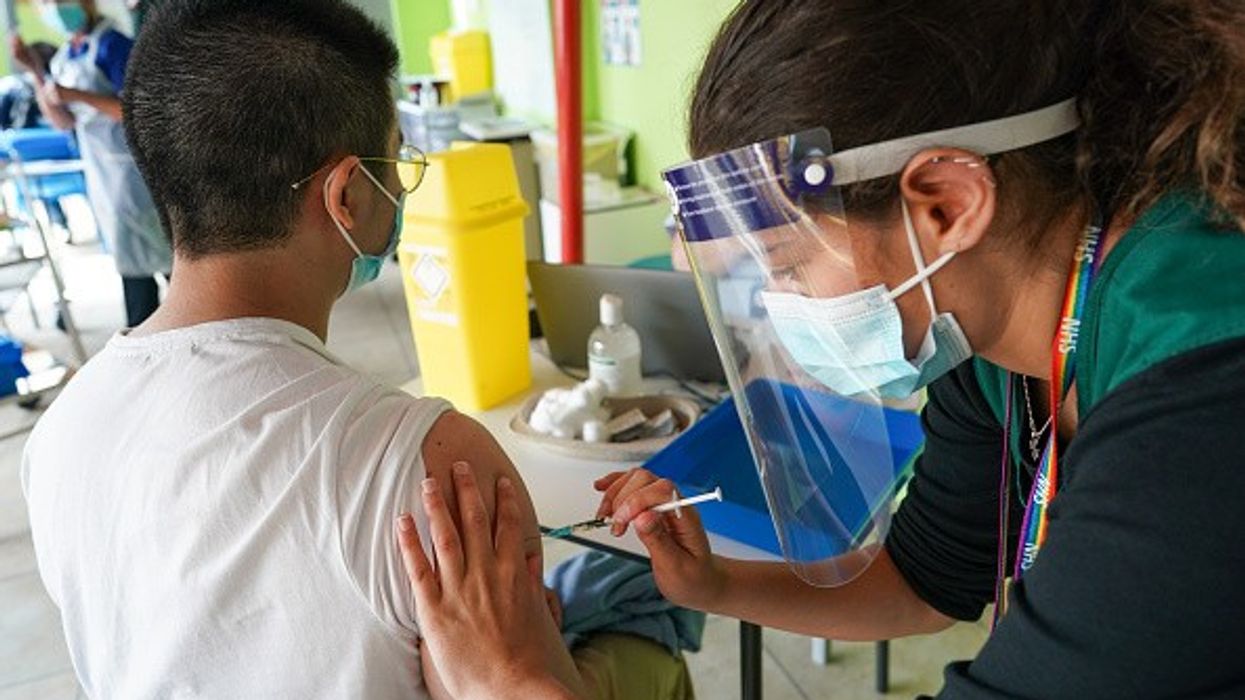DOUBLE-JABBED people also spread the Delta variant of Covid-19 just as much as those who are not fully vaccinated, claimed media reports on Thursday (19) citing the largest study of its kind led by Oxford University and the Office for National Statistics.
As per the reports, scientists from the University of Oxford have said their preliminary findings suggest those infected with the Delta variant after their second jab had similar peak levels of the virus to unvaccinated people.
The findings are based on two and a half million test results from 743,526 participants in the UK's Covid-19 household-infection survey.
Although the jabs did not completely eliminate the chances of getting Covid-19, researchers said it is still the most effective way to stay protected from the Delta variant.
The findings, which have not yet been peer-reviewed, also suggest that two doses of the Pfizer BioNTech vaccine appear to have greater effectiveness compared to the Oxford AstraZeneca jab.
However, its efficacy also declines faster while the AstraZeneca jab maintains its effectiveness throughout.
But neither is as effective against the Delta variant as it is against the Alpha variant- the one responsible for most UK infections last winter.
There is insufficient data for Moderna though researchers believe it "almost certainly at least as good as the others", reports said.
Sarah Walker, professor of medical statistics and epidemiology at the University of Oxford, said: "We don't yet know how much transmission can happen from people who get Covid-19 after being vaccinated - for example, they may have high levels of virus for shorter periods of time.
"But the fact that they can have high levels of the virus suggests that people who aren't yet vaccinated may not be as protected from the Delta variant as we hoped.
"This means it is essential for as many people as possible to get vaccinated - both in the UK and worldwide."




